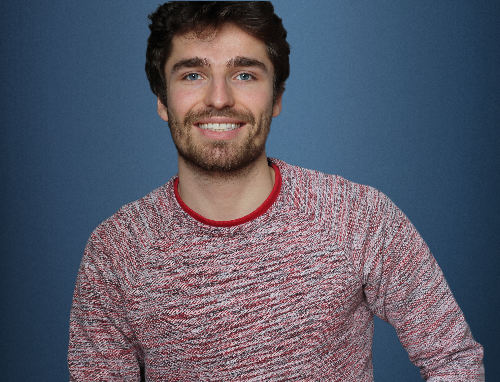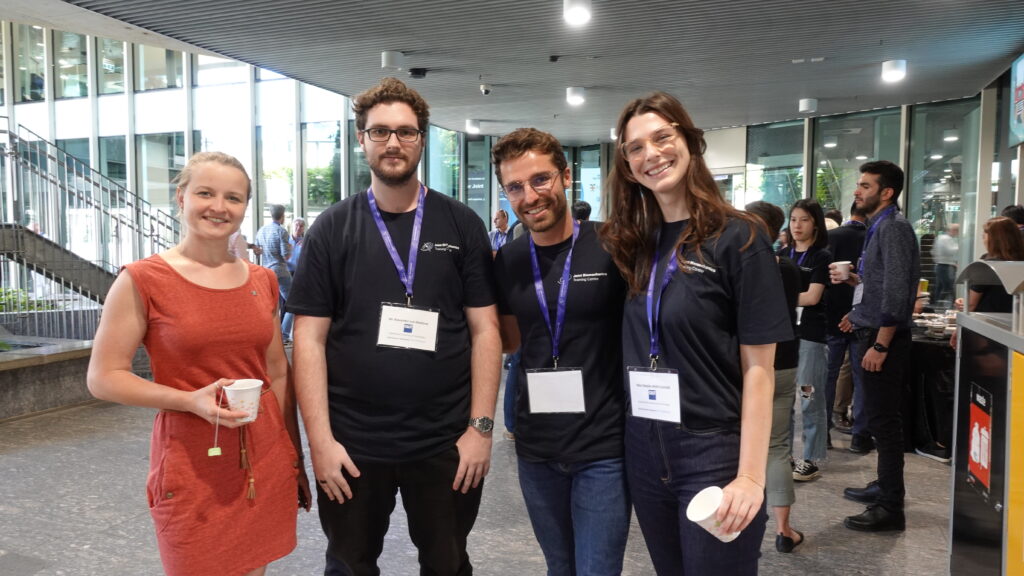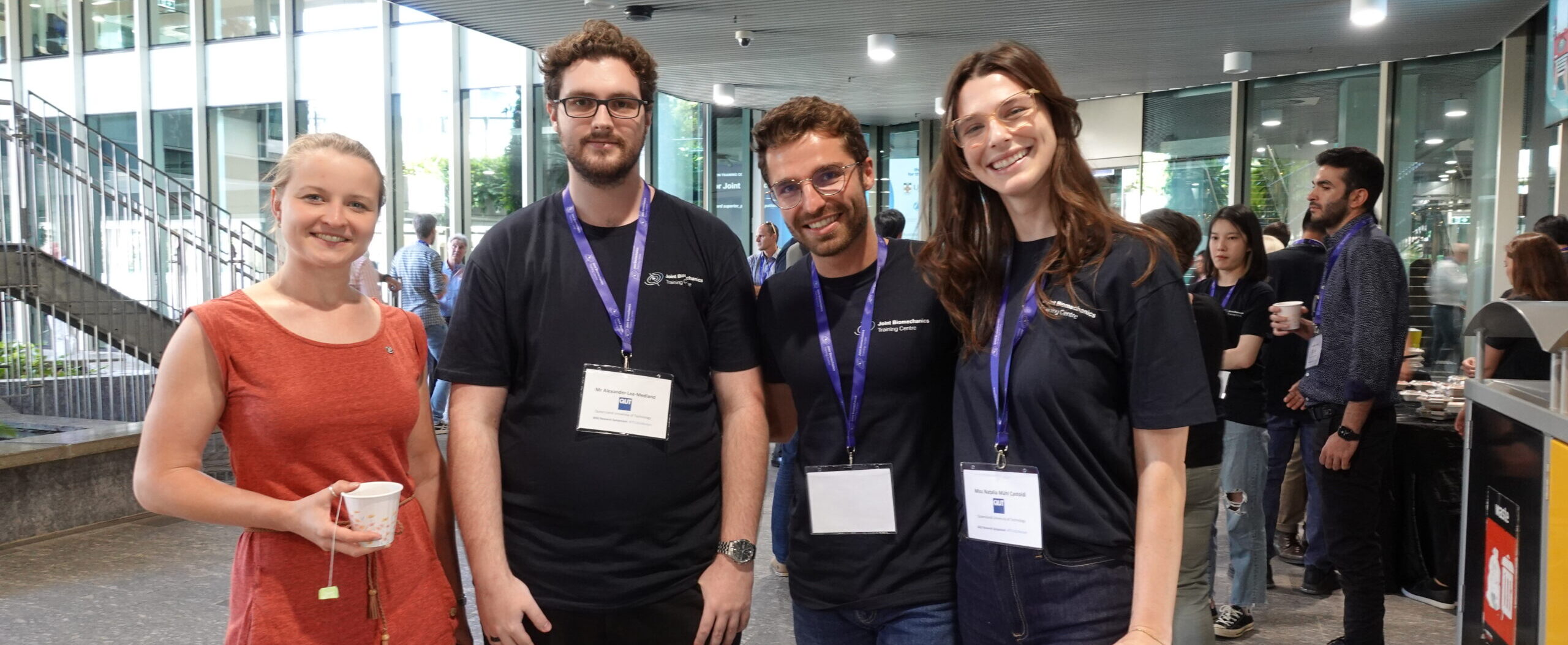
In September 2022, Mr Bruyer-Montéléone joined the centre team from France to pursue his PhD within the School of Mechanical, Medical & Process Engineering at QUT under Centre Deputy Director, Prof Peter Pivonka.
Mr Bruyer-Montéléone’s research is focused upon rigid-body models, which provide general understanding of movement control, design & plan treatments of musculoskeletal (MSK) pathologies and evaluate the impact of surgical interventions with emphasis on the shoulder.
Since he has joined the centre, he has shown enthusiasm for all things biomedical and technical ability, recently passing his ‘stage 2‘, which is a critical milestone for PhD students at the Queensland university of Technology as it is the second and final stage of admission to their PhD course, due within the first three months of full-time study.
As our newest PhD student, we asked him to provide insight into his PhD journey with the centre thus far:
What has been you biggest challenge so far with your PhD ?
Well, as my topic has changed a lot since I started my PhD, I’d say that I have had to adapt a lot and got out of my comfort zone to find an interesting and feasible project to undertake throughout those three years of research.
I must recognize that it can be really frustrating not being able to know where everything is going, but I guess it’s part of this stimulating job. I know that I will be facing many more obstacles but I am really determined to overcome them.
Despite some initial changes, Mr Bruyer-Montéléone has successfully confirmed his topic and presented his project summary at our 2022 Research Symposium:

PhD Project Summary:
Rigid-body models describe human internal forces and simulate body stability and motion to investigate complex systems such as joints. The shoulder is composed of three major bones stabilized with soft tissues and muscles. This extremely mobile system has a large range of motion hence is highly subjected to dysfunction. The glenohumeral (GH) instability is one the most common shoulder problems which frequently leads to anterior shoulder dislocation (ASD). The Latarjet procedure (LP) is the gold standard surgical intervention for treating ASD. However, because of the high variability in human anatomy, single morphology based MSK models cannot thoroughly predict the forces and moments for every patient. Similarly, it is still unclear how the GH joint stability is affected by the anatomical variants. Thus, this PhD project aims to address questions related to MSK model outcomes fidelity, anatomical variation and surgical intervention efficiency. By developing an MSK model representative of anatomically diverse shoulder complexes, the objectives are to (i) identify the different shoulder anatomical clusters and highlight the leading trends of shape variation, (ii) analyse the impact of muscle attachment site definition and (iii) investigate workhorse surgical LP effect in a population.
How is your experience so far at the ITTC ?
Honestly, being at the ITTC-JB Centre and QUT is really rewarding as I get to be involved in multidisciplinary projects within a welcoming and dynamic team of international researchers.
In three months here, I have spread my general knowledge of biomechanics by discovering new subfields that I have never heard of before while attending exciting events such as the Symposium, the Seed Grant, the ABC13 and a lot of online conferences.
Mr Bruyer-Montéléone has already integrated himself well into the centre and he is set to achieve great things over the next few years. We look forward to supporting your development and career aspirations as you grow in your PhD journey!
To connect, visit Francois’ Linked In profile or via email: [email protected]

